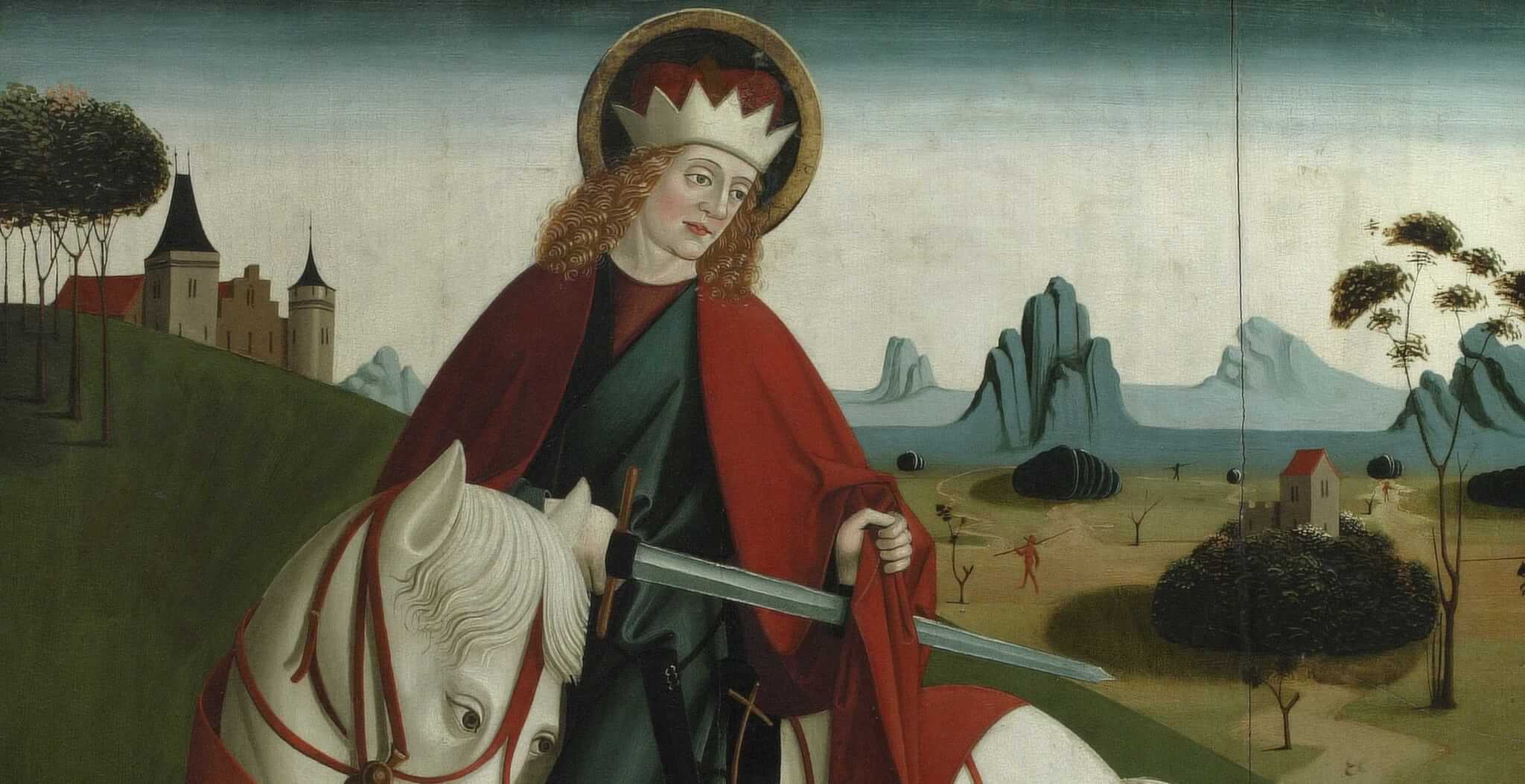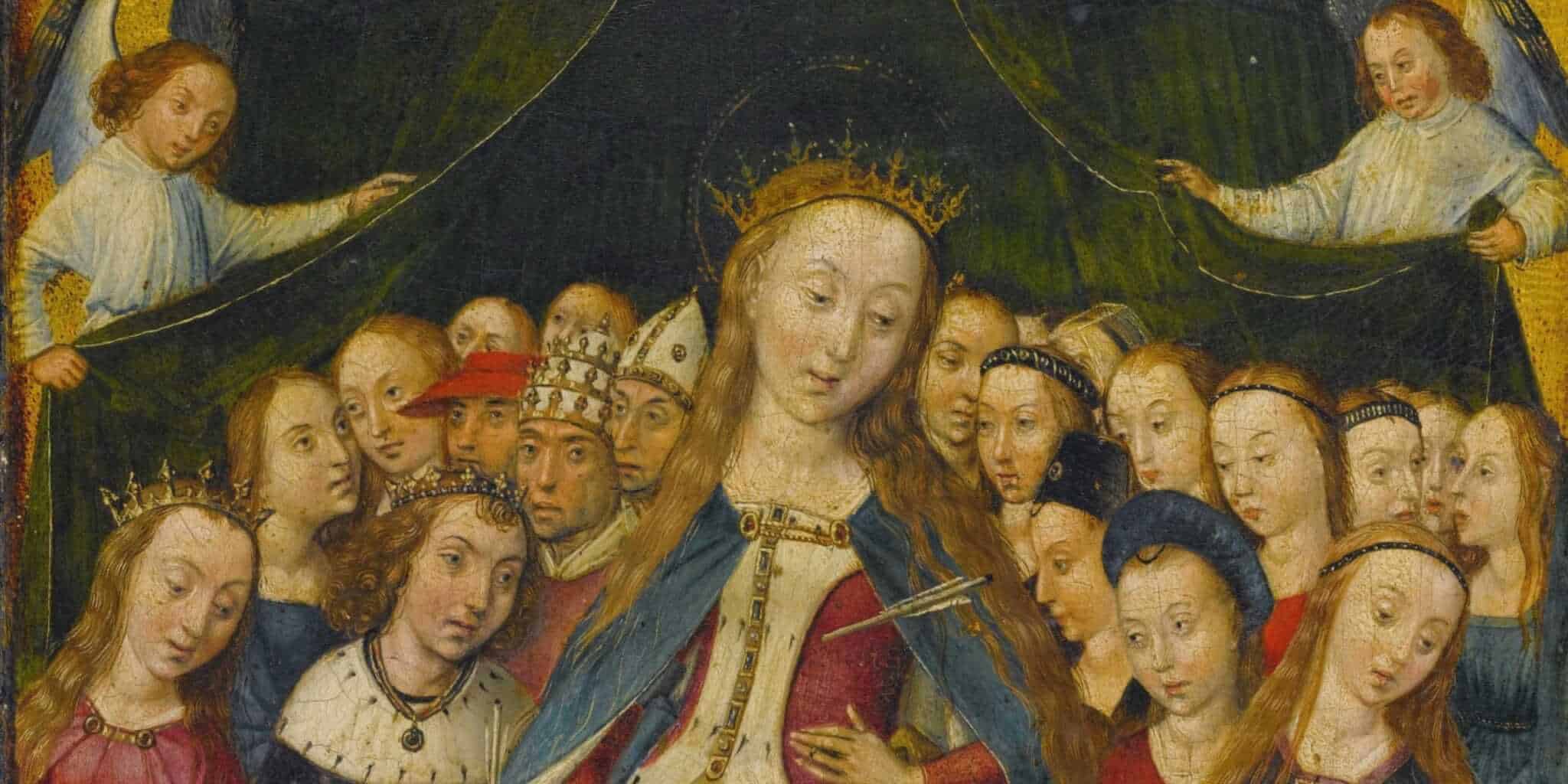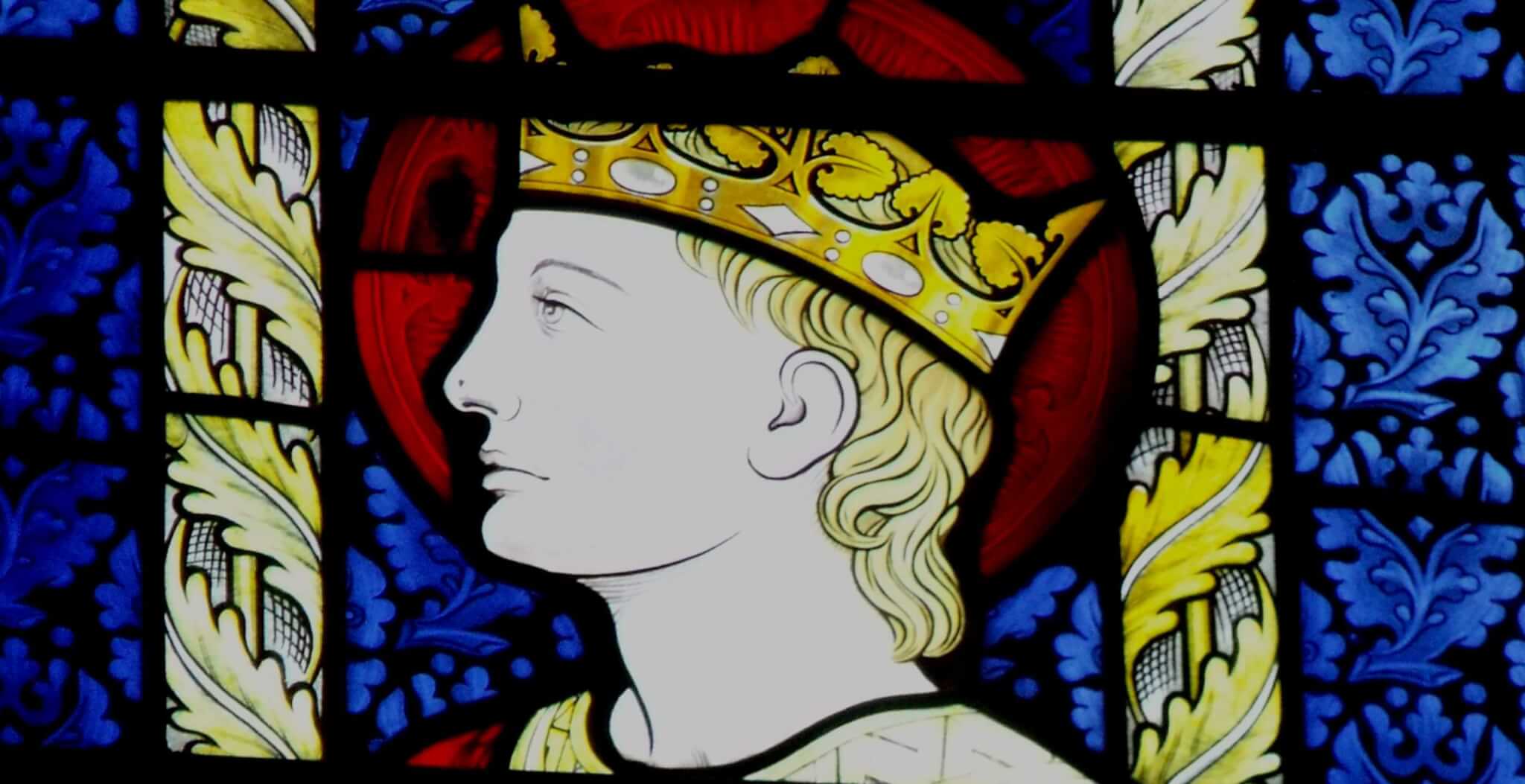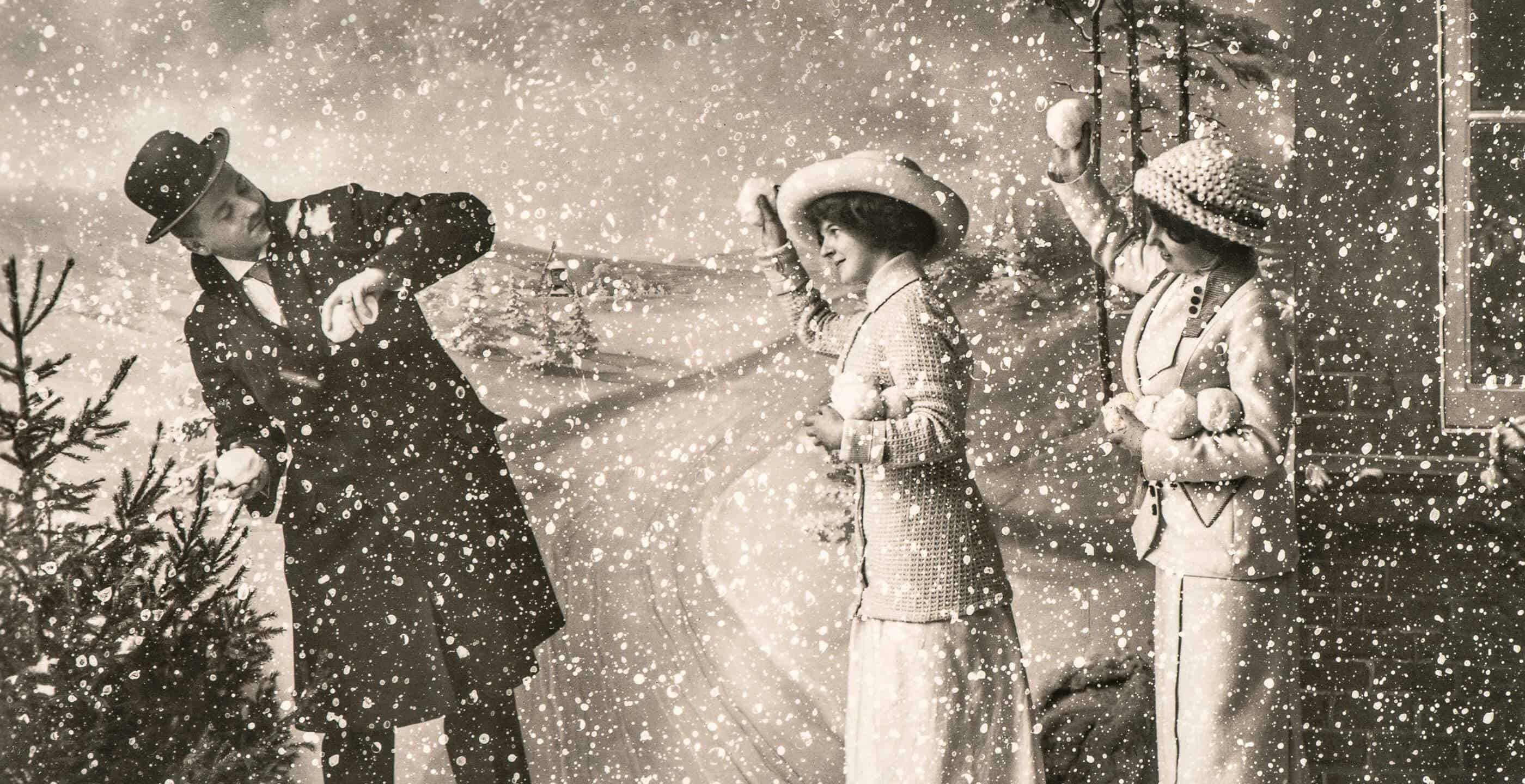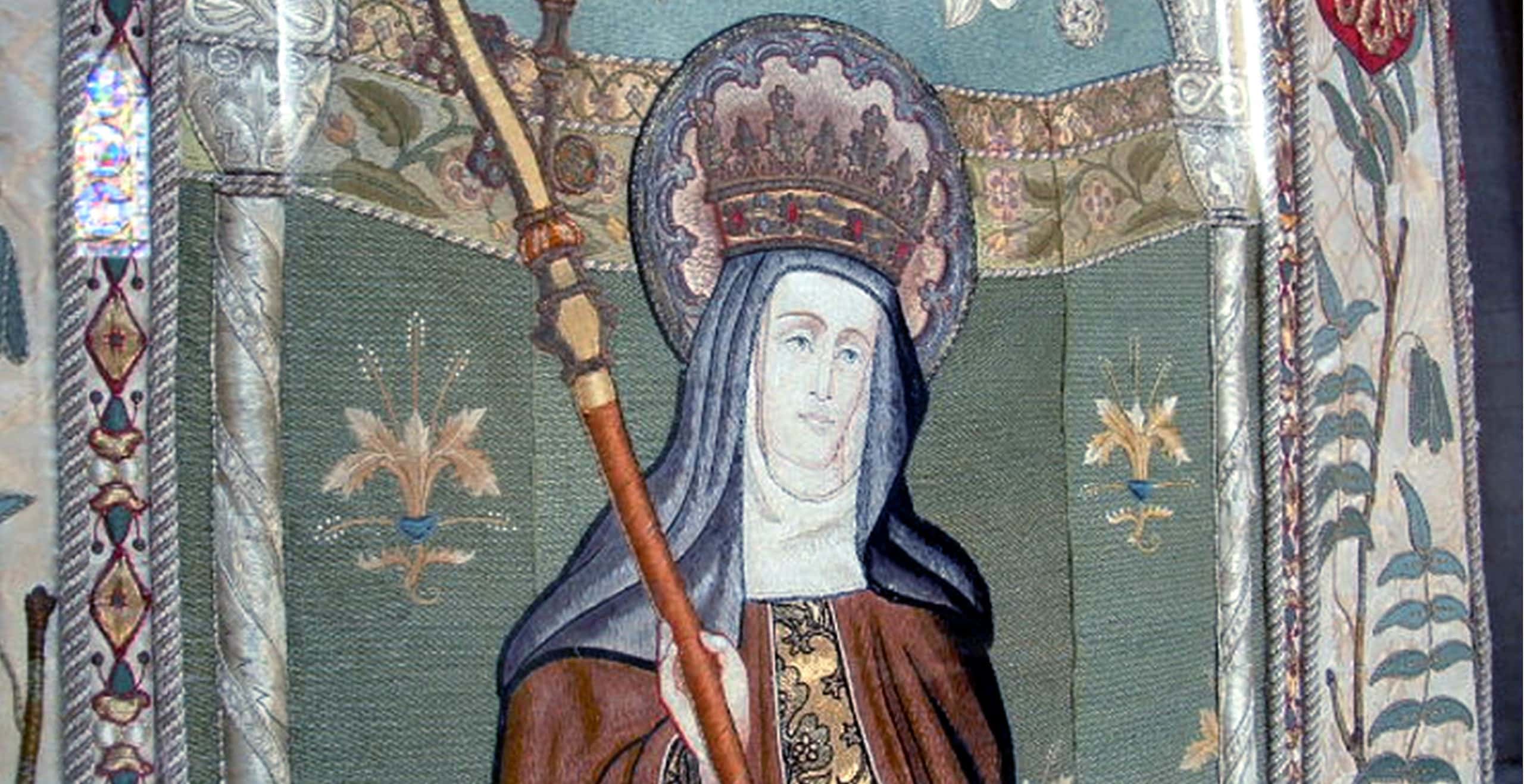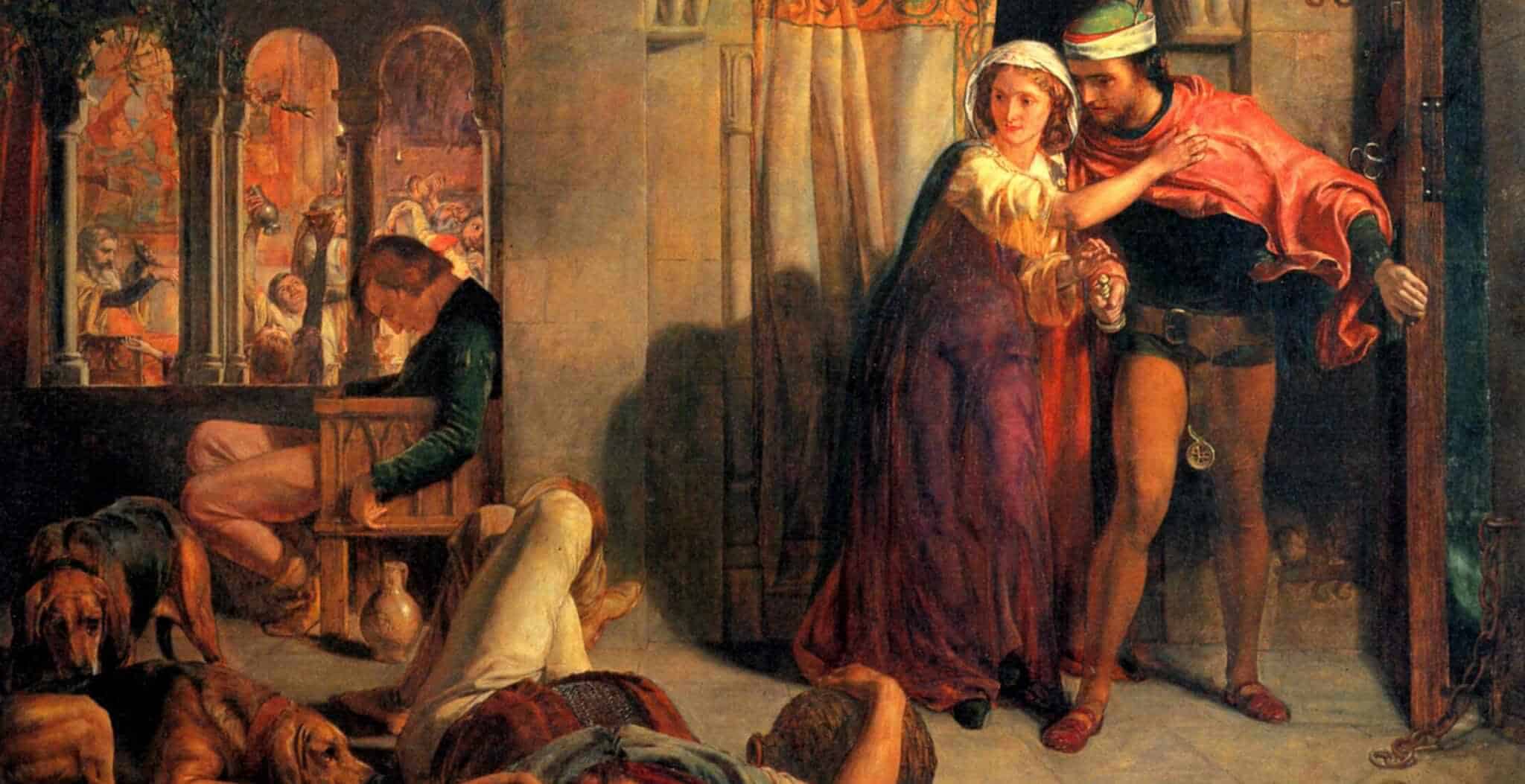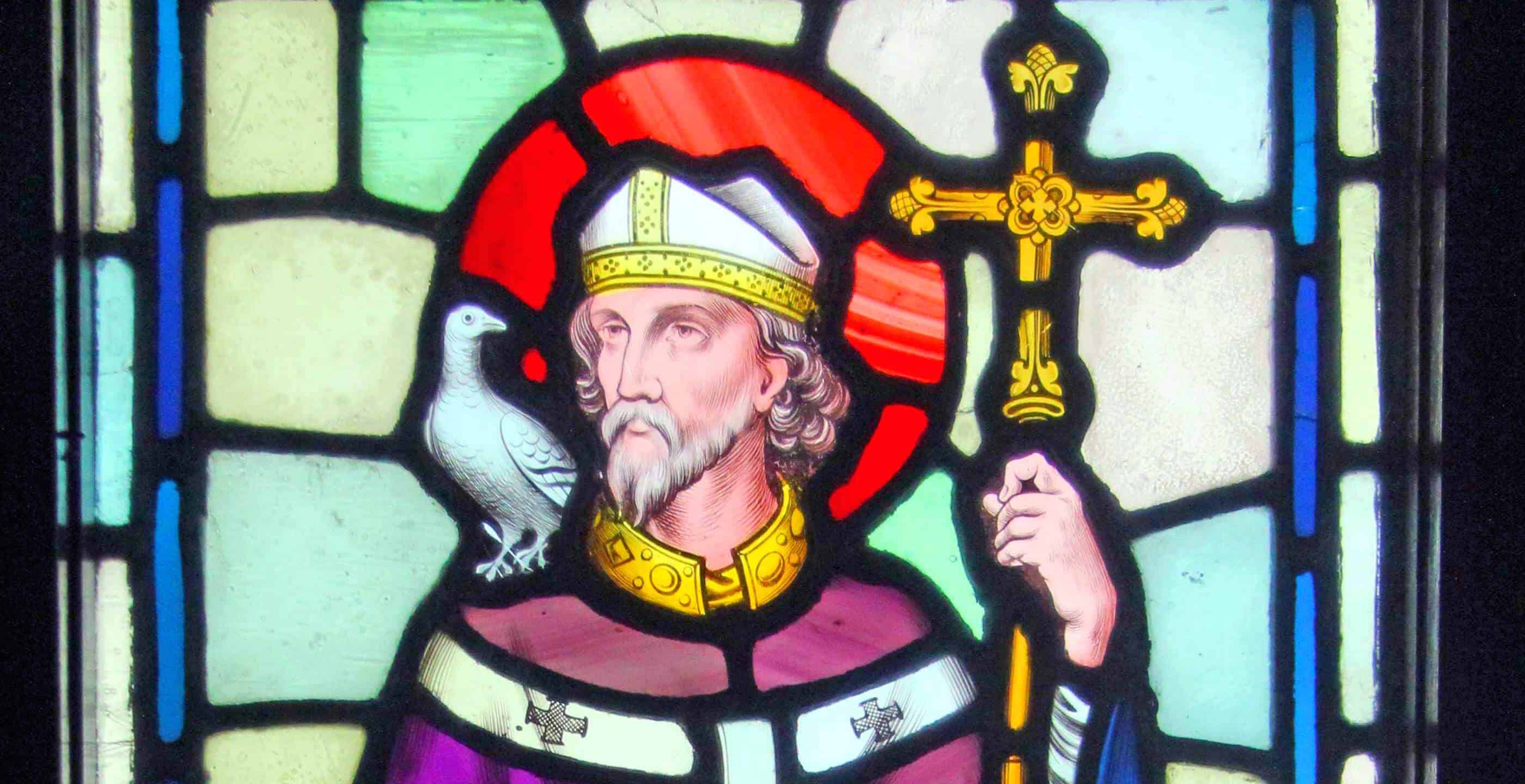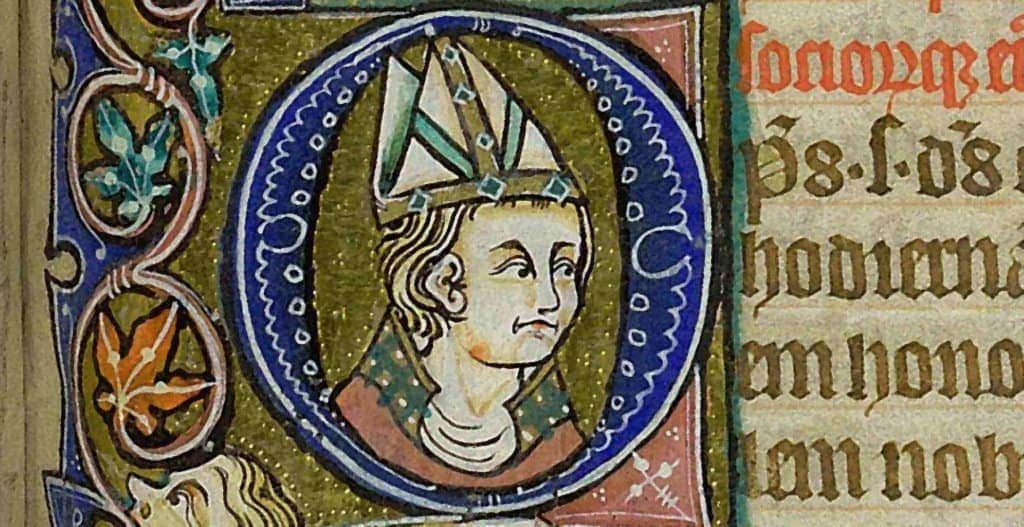Better known since 1918 as Armistice Day, November 11th is also the Feast of St Martin or Martinmas, a Christian feast to commemorate the death and burial of the 4th century St Martin of Tours.
Famous for his generosity towards a drunken beggar, with whom he shared his cloak, St Martin is the patron saint of beggars, drunkards and the poor. As his feast day falls during the wine harvest in Europe, he is also the patron saint of wine growers and innkeepers.
As Martinmas coincided with the gathering in of the harvest, during the Middle Ages it was a time for feasting, to celebrate the end of autumn and the start of preparations for winter. Martlemass beef, salted to preserve it for the winter, was produced from cattle slaughtered at this time. Traditionally, goose and beef were the meats of choice for the celebrations, along with foods such as black pudding and haggis.
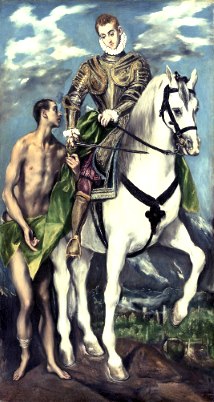
El Greco’s St Martin and the Beggar
Martinmas is also a Scottish term day. The Scottish legal year is divided into four term and quarter days: Candlemas, Whitsunday, Lammas and Martinmas. On these days servants would be hired, rent would be due and contracts would begin or end. Traditionally therefore, Martinmas was also the time of hiring fairs, at which agricultural labourers and farm hands would seek employment.
One of the most famous Martinmas fairs was in Nottingham, which used to run for 8 days with people coming from all over Europe to trade and meet.
Curiously, like St Swithin’s Day, this day is also associated with weather predictions, many of which involve ducks or geese, one of the symbols of St Martin of Tours. The legend goes that whilst trying to avoid being ordained bishop, St Martin hid in a goose pen only to be betrayed by the squawking of the geese. Around Europe, many people still celebrate Martinmas with roast goose dinners.
According to folklore, if the weather is warm on St Martin’s Day, then a harsh winter will follow; conversely, if the weather at Martinmas is icy, then by Christmas it will be much warmer:
‘If ducks do slide at Martinmas
At Christmas they will swim;
If ducks do swim at Martinmas
At Christmas they will slide’
‘Ice before Martinmas,
Enough to bear a duck.
The rest of winter,
Is sure to be but muck!’
‘If the geese at Martin’s Day stand on ice, they will walk in mud at Christmas’
